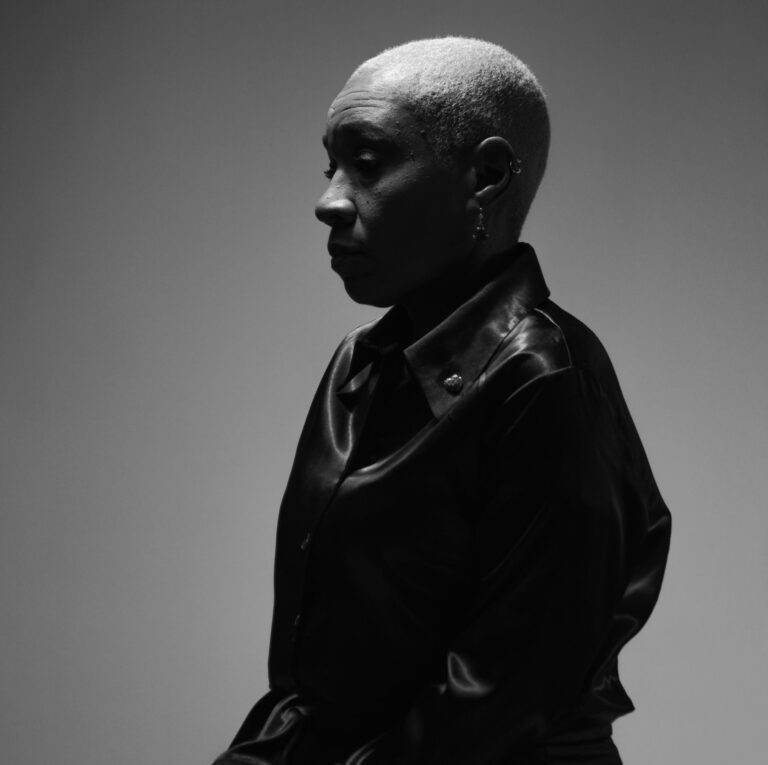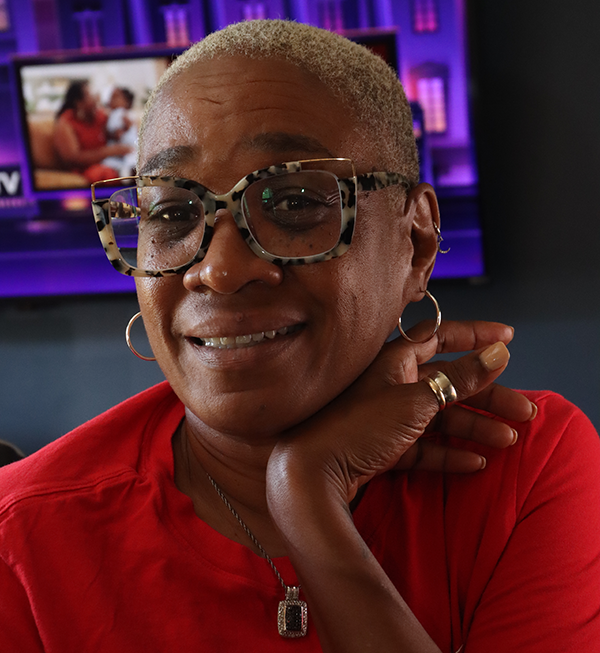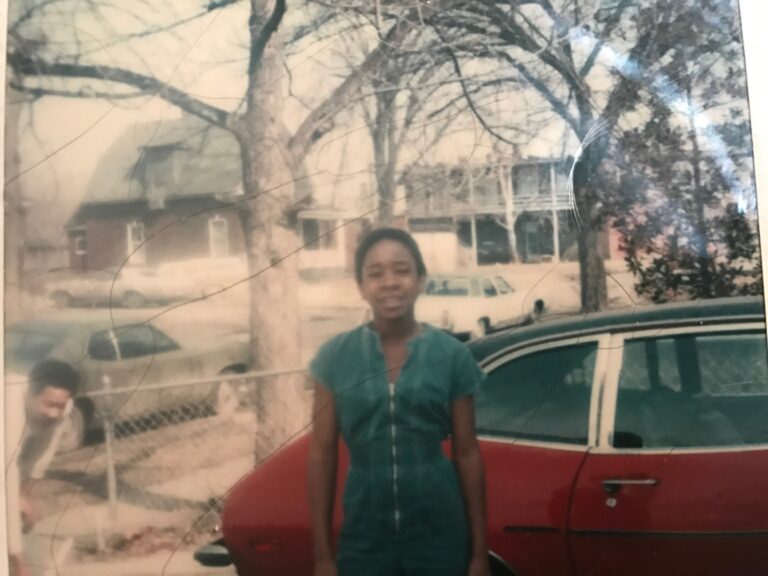When I was a little girl, I was a chatterbox.
I guess it’s the Gemini in me—full of curiosity, expression, and words always ready to tumble out. I never really got in trouble at school, but I do remember one moment that stuck. My uncle once asked me if I could spell “division.” Of course I could—I was a smart little thing, and proud of it. But later that day, my mother looked at me and said:
“You talk too much.”
I was maybe seven or eight, and that was the first time I felt like my voice was “too much.”
Fundamental religion felt a lot like that.
Always “too much.” Too loud. Too emotional. Too curious. Too ambitious. There was always something about me that needed to be cut back, silenced, reshaped to fit into the mold of what a “godly woman” should be.
And like a good little believer, I learned to sacrifice those parts of myself.
The Disappearing Act Called Holiness
In the tradition I was raised in—especially as a woman—holiness was measured in self-denial.
The less of me there was, the more pleasing I seemed to be to God and the people around me. I wasn’t taught to listen to myself—I was taught to die to self. I was praised for pouring out, for being humble, for putting others before me.
But somewhere along the way, I didn’t just sacrifice for love—I abandoned myself to be loved.
I didn’t know that every time I ignored my intuition, every time I apologized for my presence, every time I silenced my desires and called it “obedience,” I was slowly disappearing.
Gaslit by God? Or Just the Version I Was Taught?
It’s a strange thing to question the god you were taught to trust.
I had spent years thinking my suffering was proof of my faithfulness. That if I was tired, invisible, or emotionally drained, then I must be doing it right.
That’s what so many of us are conditioned to believe—especially women of faith. But the truth is, I wasn’t serving God. I was surviving guilt.
Looking back, I can see that so much of what I labeled “surrender” was actually suppression.
Love Isn’t Meant to Hurt This Way
The most heartbreaking part was realizing that the God I had been taught to serve seemed to prefer a hollow version of me. A quiet girl. A less ambitious woman. A servant who never dared to question.
I thought that was love.
But it wasn’t.
Because real love doesn’t ask you to shrink. It doesn’t find glory in your exhaustion or devotion in your silence. Real love helps you come home to yourself—not leave yourself behind.
Coming Back to Me, Piece by Piece
Now, in this season of redefinition and healing, I’m gathering the pieces I left at the altar.
- My voice—the one that always had something to say.
- My curiosity—the part of me that loves to ask “why?”
- My confidence—the one that knew how to spell “division” without blinking.
Self-sacrifice is beautiful when it comes from overflow.
But when it comes from emptiness, fear, or indoctrination, it becomes self-abandonment.
And no god worth worshiping would want that for me.
My Sacred Reclamation
I no longer believe that losing myself is the price of faith.
The sacred doesn’t require erasure—it invites embodiment. It welcomes the fullness of who I am, chatterbox and all.
This is my holy work now:
To be fully, unapologetically myself.
To stop calling my suppression “spiritual,” and to start calling my truth sacred.





